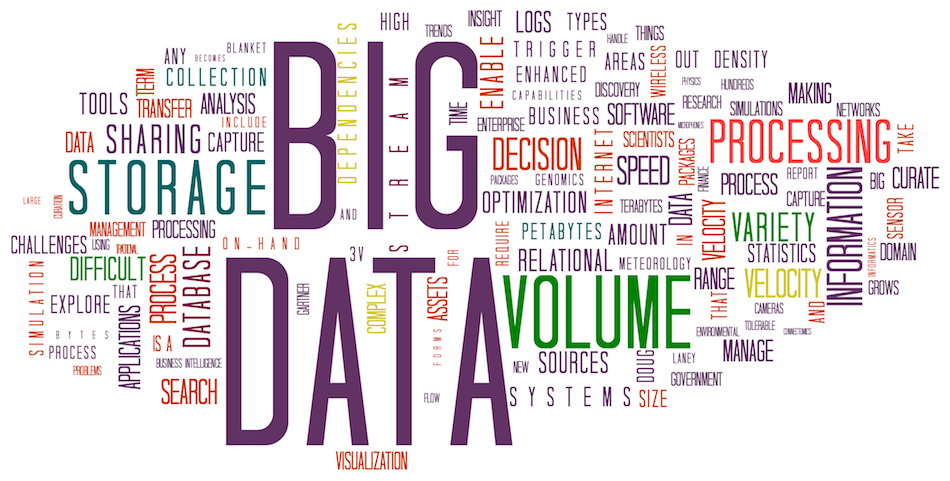
Photo credit: Wikipedia.
The volume and diversity of data have grown exponentially over the last few years. Computational power and storage have increased. Algorithms have become more sophisticated. But here’s the paradox: most companies that have placed big bets on data and analytics are struggling to realize the gains they expected, says a McKinsey study published today.
“In many areas, a few leading companies are racing ahead. But many organizations haven’t yet been able to scale up small-scale experiments to meaningfully improve the performance of the entire enterprise,” says Michael Chui, a McKinsey Global Institute partner.
Five years ago, McKinsey had taken stock of the big data revolution in five areas: location-based services, retail, manufacturing, healthcare, and the public sector. Revisiting these sectors, McKinsey finds the fastest adoption in location-based services and retail. Manufacturing, healthcare, and the public sector, however, have captured less than a third of the potential value from big data, finds the study.
What’s more, the gap between the leaders and laggards is growing wider as new opportunities emerge.
Barriers to adoption
Embracing analytics is not about adopting a new tactic. It’s about changing your business model and the fundamental way you make decisions.
Organizational culture, mindset, and structure are the main stumbling blocks. This has prevented companies from using data analytics effectively to create new value, improve performance, and become more competitive.
“The biggest barriers companies face in extracting value from data is adapting core processes and building new capabilities at scale,” says Nicolaus Henke, global leader of McKinsey Analytics. “Embracing analytics is not about adopting a new tactic. It’s about changing your business model and the fundamental way you make decisions.”
Another challenge is finding the right talent – and retaining it. The demand for data scientists is significantly higher than the supply, and this will continue until academic and training programs grow and catch up with requirements.
But McKinsey finds an even more critical area of talent shortage – what it calls “business translators.” These are people who can link data analytics with practical business questions. They are data savvy and have industry or domain expertise.
The study estimates a demand for two to four million business translators in the US alone over the next decade. The share of US graduates who go into business translator jobs would have to double or quadruple to meet that demand.
The potential for disruptive change from data and analytics will accelerate even more as machine learning and artificial intelligence come into the mainstream. This will lead to new business models and disruption. Those who swim with the tide will thrive, others will die.
“Organizations that are able to harness new models and tools effectively will be able to create significant value and differentiate themselves, while others will find themselves increasingly at a disadvantage,” the McKinsey study says.
Every company will have to think about how they’re using data analytics across the company. They will have to bring it out of silos to center stage.
This post https://www.techinasia.com/mckinsey-finds-data-analytics-sham appeared first on Tech in Asia.
from Tech in Asia https://www.techinasia.com/mckinsey-finds-data-analytics-sham
via IFTTT
No comments:
Post a Comment